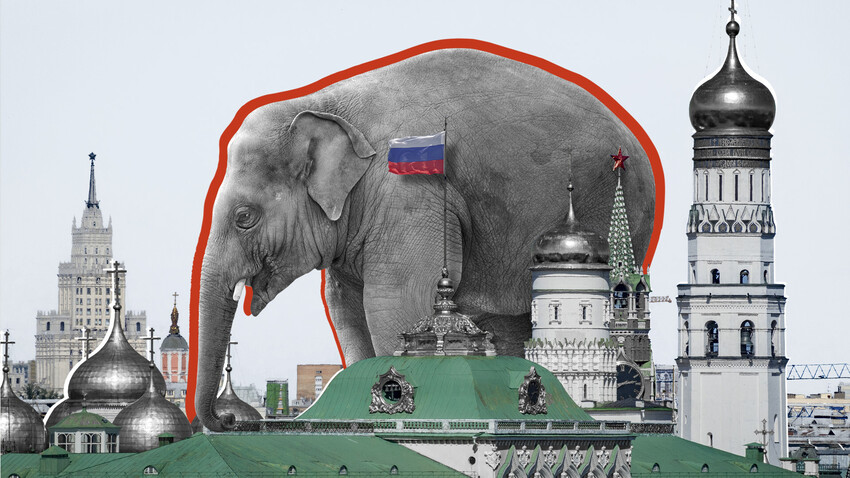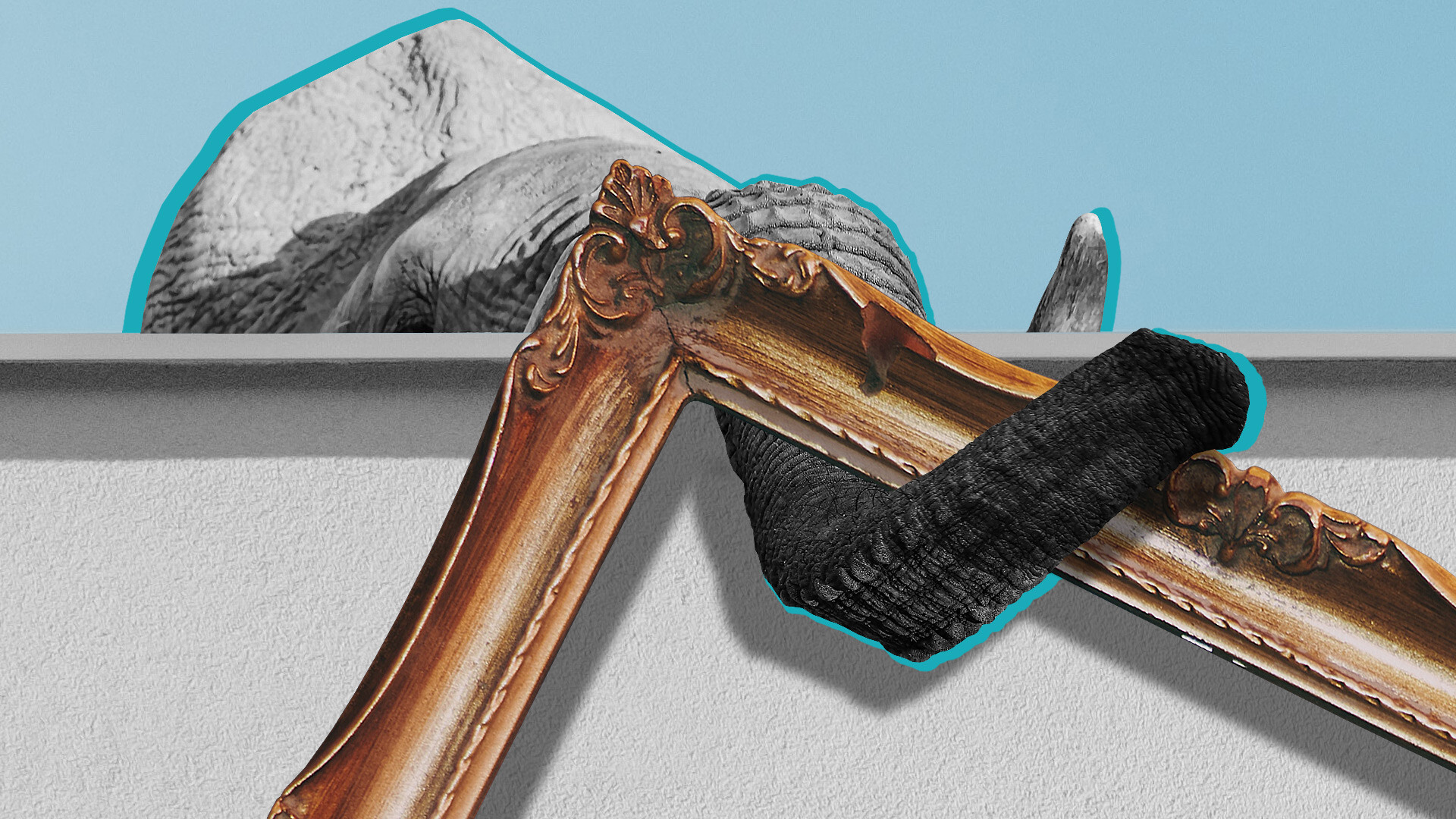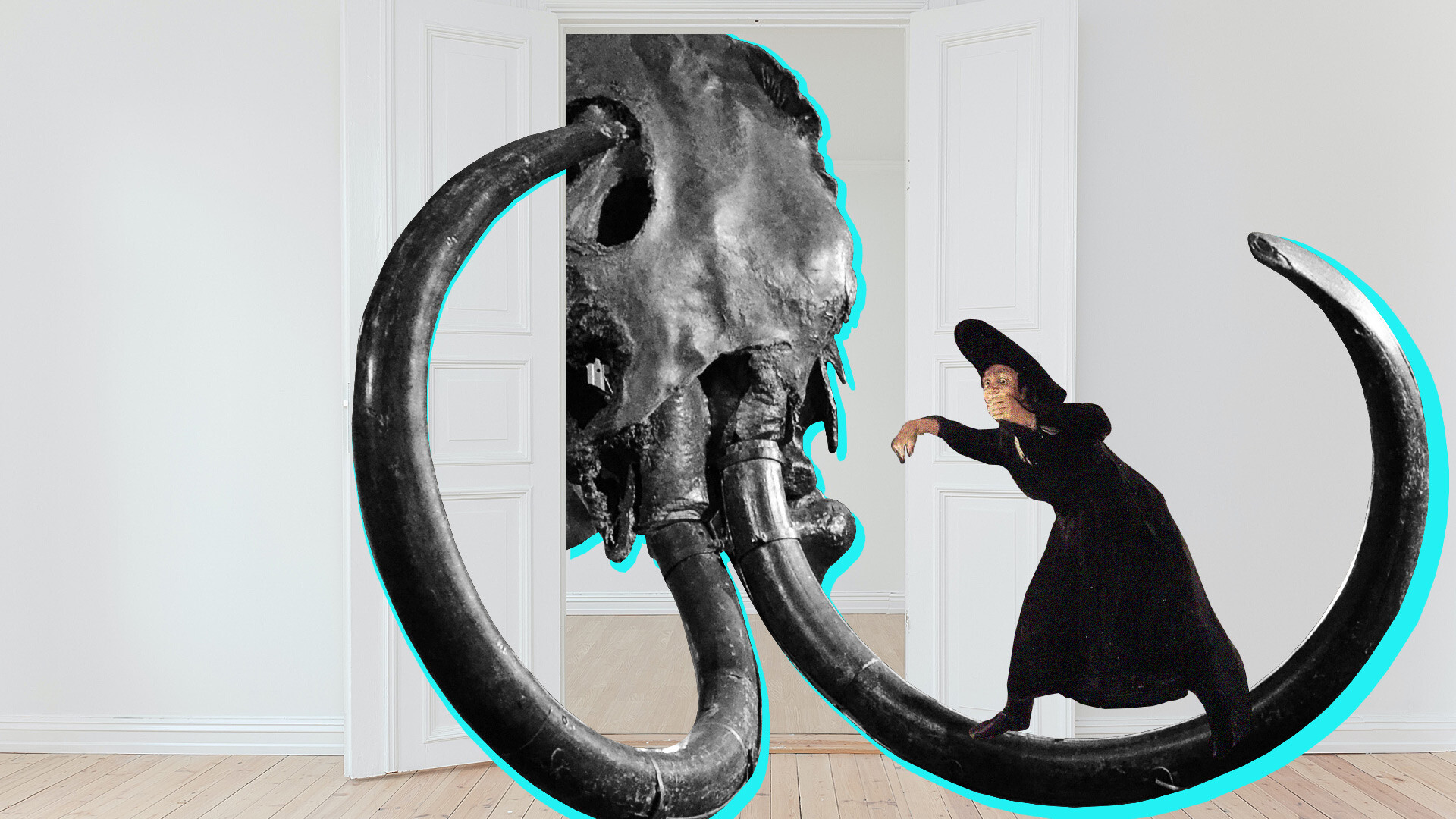
If you found yourself in the USSR of the 1940s-1950s, you’d be inundated with news about “what else” the Russians invented: word of some scientific or technical leap forward was practically a daily occurrence. Finally, as you sit in your kitchen, watering your tea mushroom, you one day hear the phrase: “Russia is the land of elephants.”
One version of events posits that the idiom first appeared in 1940s Soviet political jokes, when the domestic and foreign policies of the USSR changed course: in a departure from the wartime friendship with the United States and the West, the Soviet state abruptly turned to the search for an existential enemy - and the former friends fit the bill perfectly.
Soviet history remembers that period as that of the “fight against cosmopolitanism” - the state’s fixation on a search for “anti-patriotic” trends in art, science and the public as a whole. The ideology implied that the West’s sympathizers were to be ferreted out and gotten rid of in the public sphere, all while propping up domestic accomplishments. In 1948-1953, right up until Joseph Stalin’s death, the communists were running a massive propaganda campaign about “Soviet supremacy in the scientific and technical fields” and, as with any propaganda, the whole thing was held together with the aid of historical embellishments, among other things.
There were claims that a Ural-born peasant, a fellow by the name of Artamonov, had actually invented the bicycle in around 1800, making the Russians unrivaled trailblazers in the field. The pioneer of air travel, meanwhile, was a Russian clerk - a certain Kryakutny (a completely made-up person) and not the Montgolifier brothers.

A campaign of renaming all things of foreign origin was also par for the course: the French baguette was now the ‘gorodskoy’ (‘city’) bread, while the Viennese muffin was now just a muffin. Handball, meanwhile, became, well, ‘ruchnoy myach’, which is basically the same, just in Russian. French wrestling was renamed ‘classical wrestling’, while the Swiss kind was renamed ‘belt wrestling’.
So, you see, Russia being “the land of elephants” is nothing more than irony in the face of an all-out nationalization of any and all possible discoveries and achievements.
According to other versions, jokes about the idiom and everyday usage have alternate roots. Some say it supposedly has Hispanic origins, tying it to an 18th century Spanish traveler. According to mathematician Vladimi Arnold, the traveler “used it to describe mammoth remains on a visit to the kunstkamera [museum of curiosities in St. Petersburg - Ed.]”.

Modern Russian, meanwhile, uses the phrase in a variety of contexts - often having to do with any country claiming unjustified leadership in some field.
If using any of Russia Beyond's content, partly or in full, always provide an active hyperlink to the original material.
Subscribe
to our newsletter!
Get the week's best stories straight to your inbox